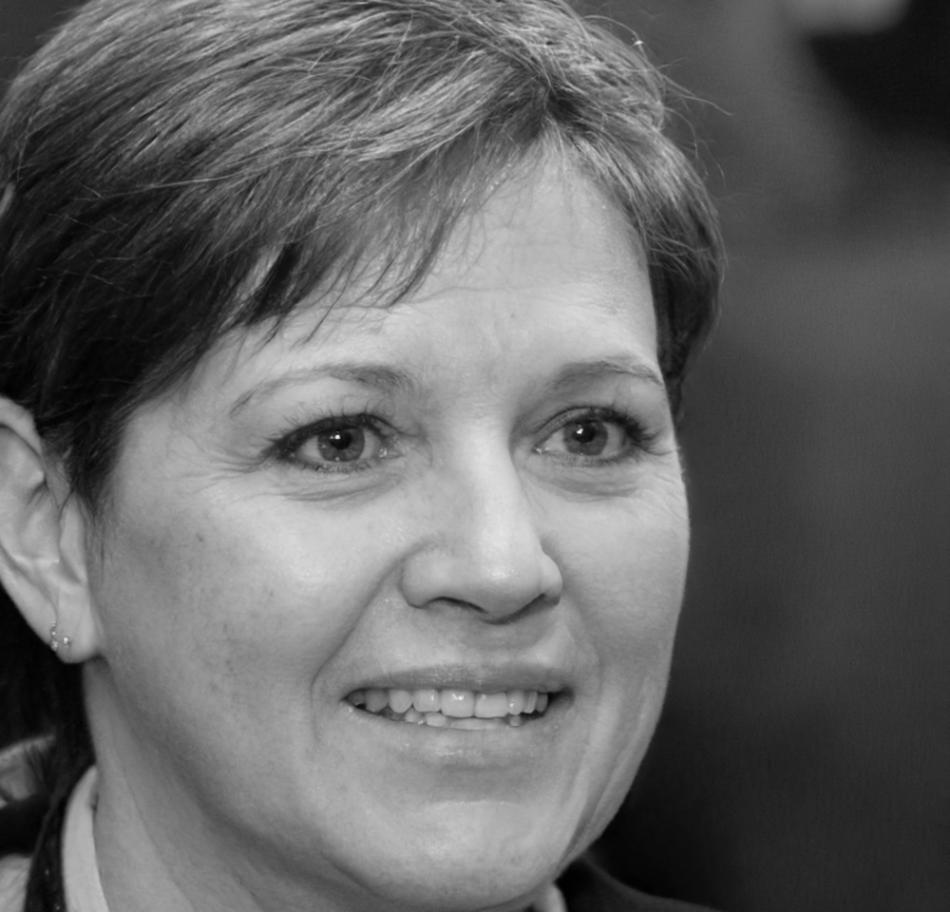Master Corporate Finance Analysis
Real strategies from seasoned professionals who've navigated complex financial landscapes. Learn practical techniques that actually work in today's corporate environment.
Our Three-Phase Learning Approach
After working with hundreds of finance professionals across Southeast Asia, we've refined our teaching methodology to focus on practical application rather than theoretical concepts.
- Foundation Building: Start with core financial modeling principles using real company data from Thai and regional markets
- Scenario Analysis: Apply techniques to actual market conditions and economic uncertainties
- Decision Support: Learn to present findings that executives can actually use for strategic decisions
This isn't about memorizing formulas. We focus on developing analytical thinking that helps you spot opportunities and risks that others might miss.

Essential Techniques You Can Apply Today
Small changes that make a big difference in your financial analysis quality
Build Sensitivity Tables First
Before diving into complex models, create simple sensitivity tables to understand which variables actually matter. Most analysts waste time on precision that doesn't affect decisions.
Use Industry Benchmarks Wisely
Don't just compare ratios - understand why they differ. A company with lower margins might actually be stronger if they're investing in market share during a growth phase.
Document Your Assumptions
Write down why you chose specific growth rates or discount rates. When market conditions change, you'll know exactly what to adjust instead of rebuilding from scratch.
Test Your Models
Input extreme scenarios to see if your model breaks. If a 20% revenue drop crashes Excel or gives negative equity values, you need better error handling.
Focus on Cash Generation
Accounting profits can be manipulated, but cash flows tell the real story. Look at working capital trends and capital expenditure patterns for deeper insights.
Present with Context
Numbers without narrative are just data. Explain what the analysis means for business strategy and what management should do with the information.

Why Experience Matters More Than Theory
Most finance courses teach you to build perfect models in ideal conditions. But real corporate finance happens during market volatility, with incomplete data, and under tight deadlines.
- Learn to work with messy, real-world data that doesn't fit textbook examples
- Develop judgment for when detailed analysis adds value versus when quick estimates suffice
- Master the art of communicating uncertainty and risk to non-finance executives
- Build models that remain useful as business conditions change
Our next cohort starts in September 2025, with evening sessions designed for working professionals. We keep groups small because meaningful learning happens through discussion and practical application, not lectures.
Learn About Our Program
